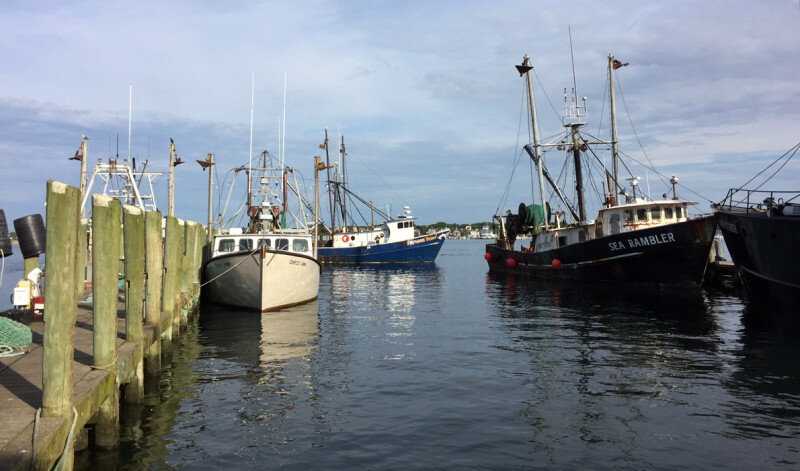U.S. Senator Jack Reed (D-Rhode Island) has reintroduced legislation to add the state of Rhode Island to the Mid-Atlantic Fishery Management Council (MAFMC), one of the eight regional fishery councils that manage commercial fishing in the United States.
The Mid-Atlantic Council holds primary management authority over federal waters off the coasts of New York, New Jersey, Pennsylvania, Delaware, Maryland, and Virginia.
Rhode Island currently sits on the New England Fishery Management Council, which governs fishing to the north of the Mid-Atlantic Council area along the United States’ Atlantic coast. However, Reed claims that Rhode Island would be better served by a seat on the MAFMC, since the commercial fisheries Rhode Island fishers are most actively participating in are managed by the MAFMC, not the NEFMC.
“For years now, Rhode Island's landings of stocks managed by the MAFMC have outpaced the landings of those managed by the New England Fishery Management Council, where Rhode Island is represented,” Reed said on the floor of the U.S. Senate on March 26. “Moreover, Rhode Island has a larger stake in the mid-Atlantic fishery than many of the States that currently hold seats on the MAFMC.”
Most notably, Rhode Island fishers participate in commercial squid fishing in the Atlantic, which is governed by MAFMC.
“The National Marine Fisheries Service reported that Rhode Island led Atlantic States in the harvest of squid in 2023 – the most recent year for which data is available,” Reed said. “Fishermen landed more than 30.7 million pounds of squid in Rhode Island, helping make Point Judith one of the most productive and valuable commercial fishing ports in the United States.”
Reed’s bill, which is supported by the rest of Rhode Island’s congressional delegation, would expand the MAFMC by two seats, which would be taken by representatives of Rhode Island. Rhode Island would maintain its seat on the NEFMC, serving jointly on both councils.
MAFMC already includes voting members from neighboring North Carolina, despite federal waters off that state’s coast are primarily managed by the South Atlantic Fishery Management Council. For Reed, this precedent shows that it’s reasonable to have a state participate in multiple regional councils.
“This proposal is not unprecedented. In fact, it is modeled on a provision of the 1996 Sustainable Fisheries Act that added North Carolina to the MAFMC in 1996 while allowing it to retain its membership on the South Atlantic Fishery Management Council,” Reed said. “Moreover, it will join states like Florida and Washington which all have representation on more than one fisheries management council.”
Reed has introduced similar legislation over the last decade, without success. This Congress, Reed said he is working to pass the bill as standalone legislation or to incorporate it into the reauthorization the Magnuson-Stevens Fishery Conservation and Management Act.
Read more on Seafood Source. This article was published with permission.







